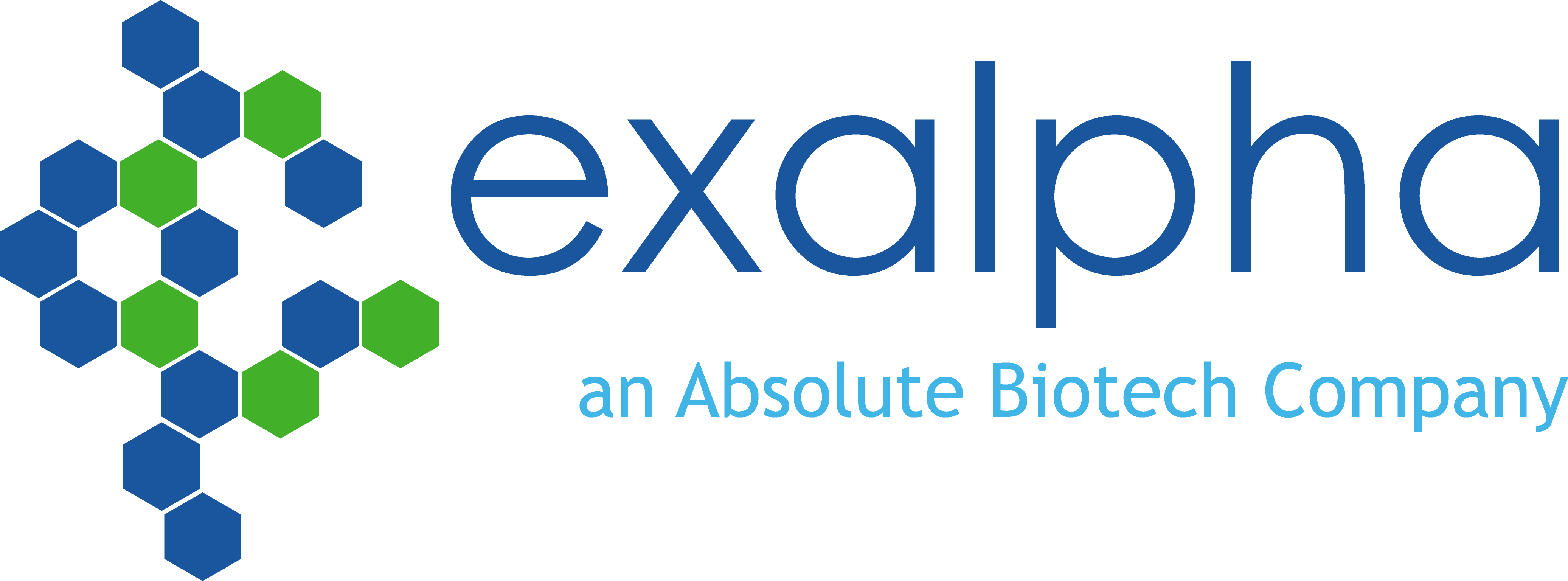Your provider of high-quality antibody products from ELTI
To ensure we continually deliver on our objective of providing research products that answer real scientific needs, we have included within our portfolio a range of antibodies from ELTI. This includes antibodies raised in chicken hosts against targets such as the herbicide glyphosate, the insecticide fenitrothion, and the pesticide chlorpyrifos, in addition to rabbit antibodies against drugs such as clofibrate, ibuprofen, and naproxen. These are complemented by sheep products facilitating the study of the herbicide atrazine, as well as a BSA-conjugated format of the plant hormone indole-3-butyric acid, which is widely used within commercial horticulture.
Chicken anti-glyphosate (C16p)
Glyphosate, better known by its trade name of Roundup, is the world’s most widely used herbicide. It is applied to many different crops to control weed growth, including extensive use on genetically modified food crops which have been designed to tolerate glyphosate application. In addition, glyphosate is used by authorities to control weeds in public areas and is readily available for purchase in garden centres. As a result, traces of glyphosate are found on many of the foods that we eat.
In 2015, the International Agency for Research on Cancer (IARC) found that glyphosate is “probably carcinogenic to humans”. Glyphosate has also been implicated in infertility, birth defects, and respiratory diseases, highlighting the importance of high-quality reagents such as our chicken anti-glyphosate antibody (C16p) to accurately detect and monitor its presence.
Rabbit anti-naproxen (M80p)
Naproxen is one of the earliest and largest-selling non-steroidal anti-inflammatory drugs (NSAID). It was introduced in prescription form in 1976, subsequently being sold as a lower dose, over-the-counter product in 1994. Used to treat pain or inflammation caused by conditions which include headache, menstrual cramps, tendonitis, and arthritis, naproxen works by blocking the cyclooxygenase enzymes COX-1 and COX-2 to inhibit the synthesis of prostaglandins.
Similarly to many NSAIDs, naproxen use can be associated with gastrointestinal side effects. However, an advantage of naproxen over other NSAIDs is its lack of selectivity for COX-2 over COX-1, which results in a lower cardiovascular risk. Since naproxen exhibits high plasma protein binding, patients receiving other highly protein-bound medicines require monitoring to avoid accidental overdose. Research to uncover findings such as these is supported by reagents like our rabbit anti-naproxen antibody (M80p).
Indole-3-butyric acid conjugated to BSA (IBA-BSA)
Indole-3-butyric acid (IBA) is a plant hormone of the auxin family. It is widely used within commercial horticulture to stimulate root formation from plant cuttings. Following a 2014 review of maximum IBA residue levels by the European Food Safety Authority (EFSA), it was deemed that residues of the active substance should not be expected to occur in any plant or animal commodity.
To facilitate the measurement of IBA in soil samples taken from planted cuttings, polyclonal anti-IBA antibodies and a corresponding ELISA were developed. Using our IBA-BSA conjugate to immunize rabbits and chickens, researchers were able to identify a high-titer rabbit antibody capable of detecting IBA, subsequently incorporating this into an ELISA suitable to detect and quantify IBA in cutting medium.
